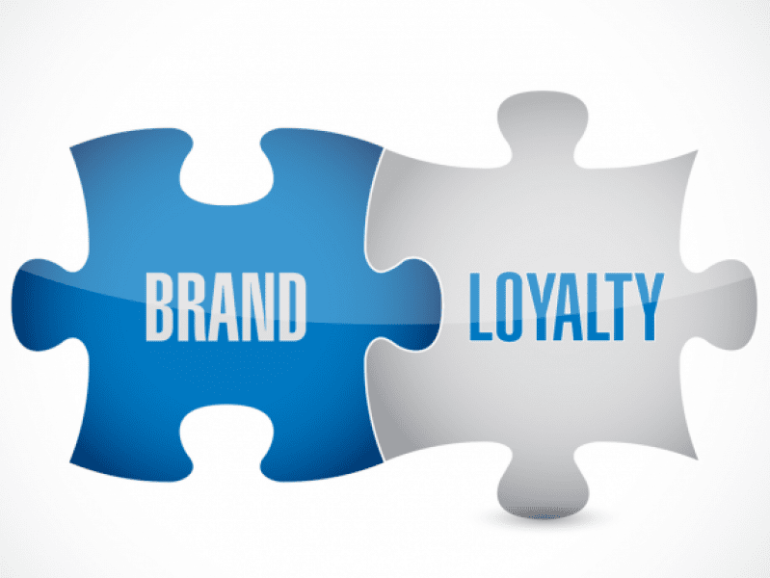Why do some brands inspire unwavering devotion, while others struggle to keep customers coming back? The answer lies in the psychology of brand loyalty—a powerful force that shapes consumer behavior and business success. In today’s crowded marketplace, brand loyalty goes far beyond repeat purchases; it’s about forging emotional bonds, building trust, and aligning with customer values. Understanding what drives this loyalty can help businesses create lasting relationships, boost retention, and stand out from the competition. Let’s explore the psychological triggers that transform casual buyers into passionate brand advocates and uncover how companies can leverage these insights to cultivate enduring customer loyalty.
The Emotional Foundations of Brand Loyalty
At its core, brand loyalty is deeply rooted in emotion. Customers who feel an emotional connection to a brand are more likely to become loyal, spend more, and recommend the brand to others. Emotional branding taps into feelings like happiness, nostalgia, or belonging, creating a sense of attachment that goes beyond rational decision-making. For example, iconic campaigns from brands like Coca-Cola evoke warmth and togetherness, fostering positive associations that stick with consumers for years. When a brand consistently delivers experiences that resonate emotionally, customers develop a sense of belonging and are less likely to switch, even when alternatives are available.
Trust, Consistency, and Positive Experiences

Trust is a cornerstone of brand loyalty. Consumers are more likely to stay loyal to brands that consistently deliver on promises, offer reliable quality, and provide positive experiences at every touchpoint. Consistency in product quality, customer service, and messaging reassures customers, reducing uncertainty and reinforcing their decision to stick with the brand. When trust is established, customers are more forgiving of occasional missteps and more willing to advocate for the brand within their networks.
The Role of Identity and Social Influence
Brand loyalty isn’t just about products—it’s also about identity. Many consumers choose brands that reflect their self-image, beliefs, or aspirations. This alignment helps customers express who they are or who they want to be, making the brand a part of their personal narrative. Social influence further amplifies loyalty: peer recommendations, influencer endorsements, and positive reviews provide social proof that validates a customer’s choice. When people see others they admire or identify with supporting a brand, their own attachment often grows stronger.
Perceived Value and Cognitive Consistency
Perceived value plays a significant role in loyalty. Customers weigh the benefits they receive against the price paid, and when they feel they’re getting good value, they’re more likely to return. Satisfaction with the experience—product quality, service, and after-sales support—reinforces this perception and encourages repeat purchases. Cognitive consistency also comes into play: once a customer commits to a brand, they tend to seek information that confirms their choice and avoid contradictory data, reducing buyer’s remorse and solidifying loyalty.
Psychological Theories Explaining Brand Loyalty
Several psychological theories shed light on why brand loyalty endures. Maslow’s Hierarchy of Needs suggests that brands fulfilling higher-level needs, like belonging or esteem, are more likely to foster loyalty. Commitment-Trust Theory emphasizes that loyalty is built on a combination of trust and emotional commitment. Self-Concept Theory explains how consumers use brands to express their identity, making loyalty a reflection of self-alignment.
Brand loyalty is a complex blend of emotional, cognitive, and social factors. Brands that consistently deliver value, build trust, and connect with customers on a deeper level are rewarded with lasting loyalty and advocacy. By understanding these psychological drivers, businesses can create strategies that not only attract customers but keep them coming back, turning satisfied buyers into lifelong brand champions.

